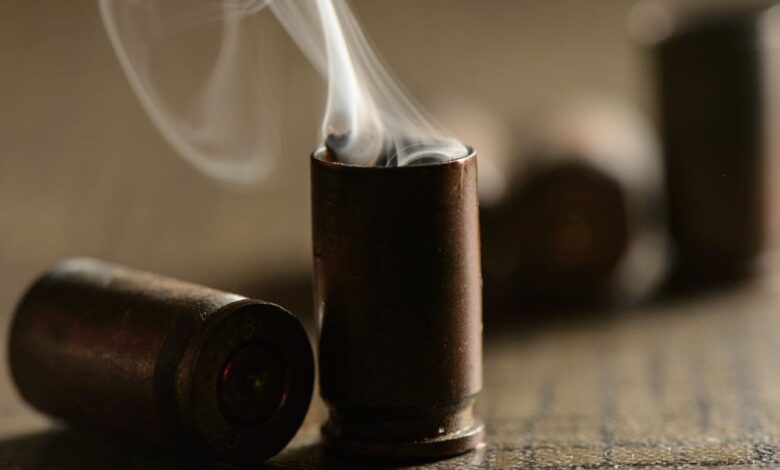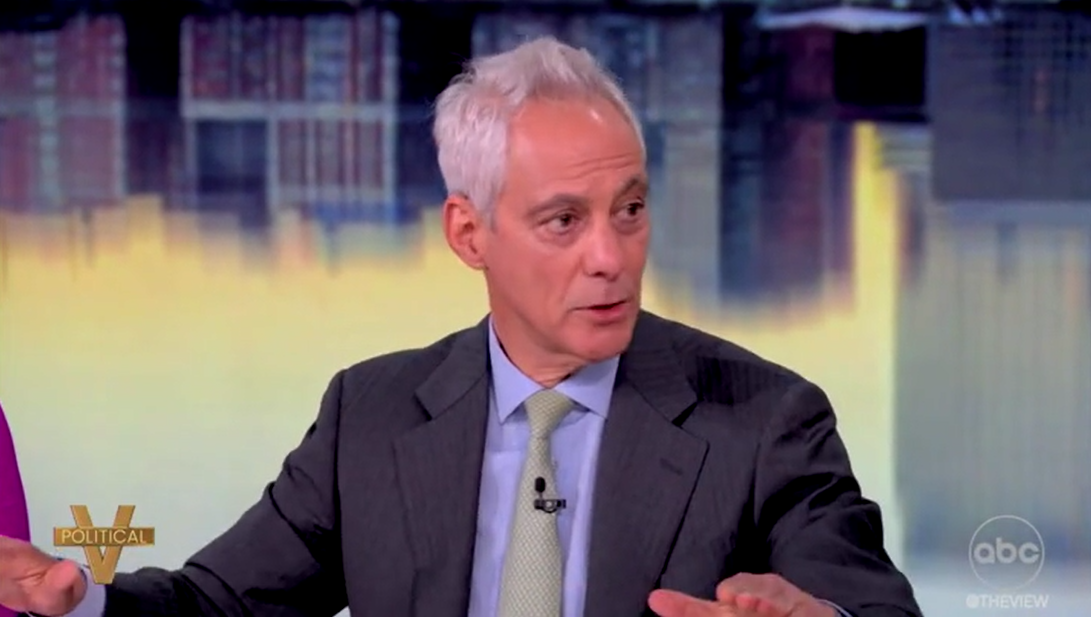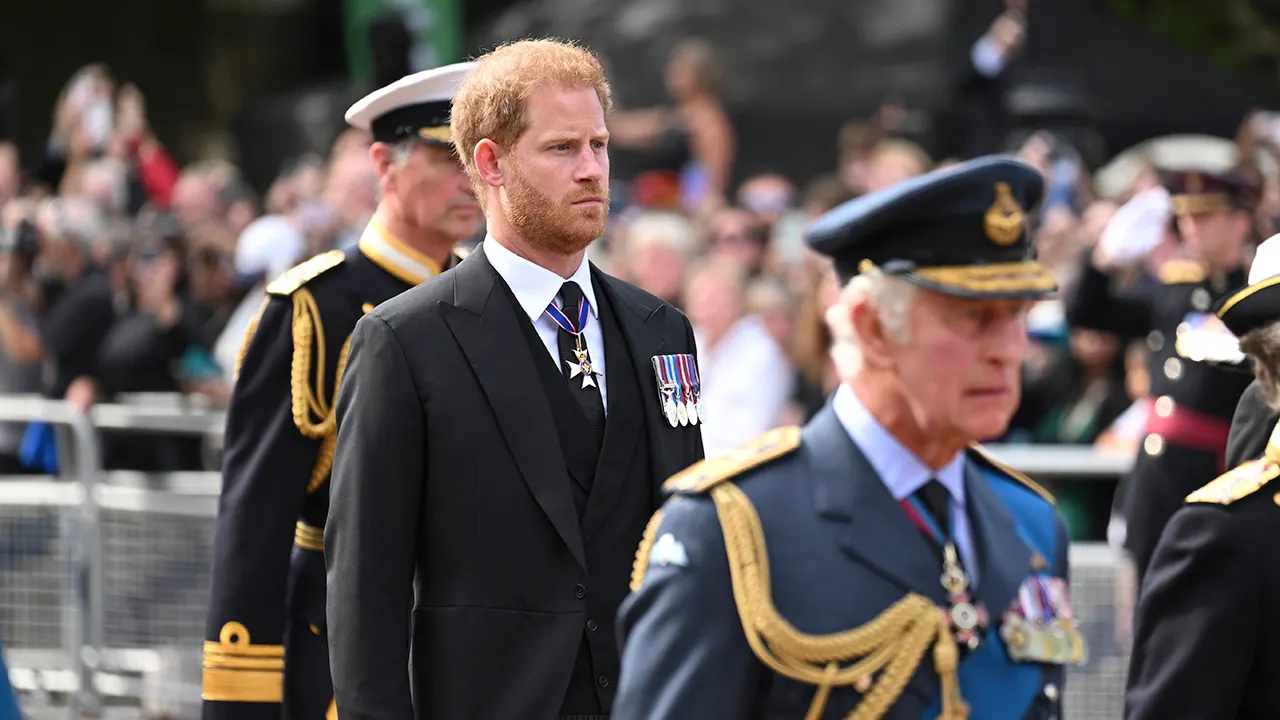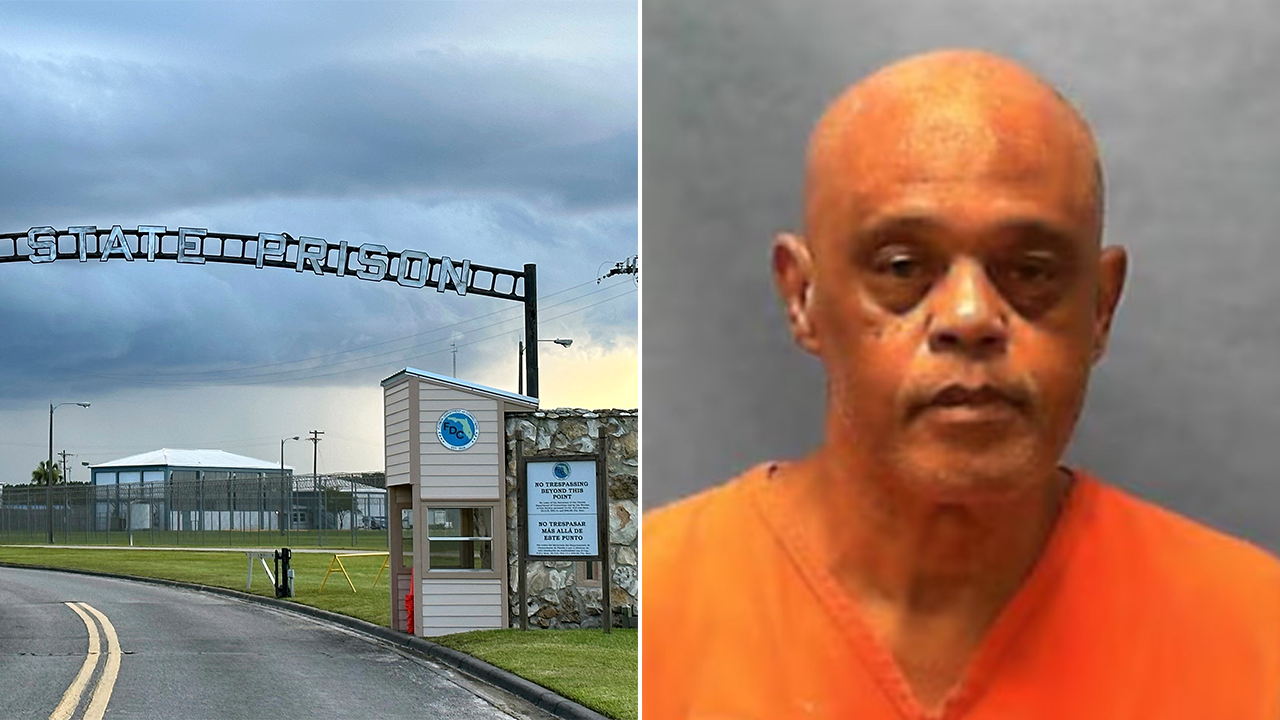After the Smoke Clears: Steps to Take After a Defensive Shooting

As armed citizens, we focus our attention on how to respond to an assault by a criminal or crazy. We research and test-shoot guns until we find the one that fits us the best, and then we load it with the best defensive ammo we can find. We take training courses and go to the range so we will be proficient, and we take the responsibility of carrying a concealed firearm seriously. However, surviving a justified defensive shooting incident is not the end of the traumatic event, you still must avoid being charged with a crime. There are some definite things you should remember to help you do that.
Get Self-Defense Insurance
I am going to start this discussion of actions to take after a defensive shooting by talking about something you should do before you even step out the door carrying a gun. For those who may not be familiar with it, self-defense insurance provides legal support and coverage for people who legally use a firearm, and in some cases any weapon, in self-defense. I cannot overemphasize the importance of this type of coverage. Programs vary, but the best ones provide an attorney, cover the costs of both criminal trials and civil actions, pay for bail bonds, and some even offer compensation to pay the bills while you are tied up in court. I personally use USCCA, but there are other plans available such as Right to Bear, US Law Shield, Second Call Defense, and CCW Safe. Do some homework, find the plan you like, and get coverage before something happens to make you wish you had.
What to do After a Defensive Shooting
Fortunately, most people have not been involved in a situation where they had to shoot someone who was trying to kill them. Even if you have been in firefights in a conflict zone, it is still different because you do not have police officers coming to take your statement after it is all over. Even though your use of deadly force was justified, the things you say and do immediately after a defensive shooting can have a major impact on the legal interpretation of your actions. It is critical that you stay as calm as possible and take actions that will minimize your chances of being falsely charged with a crime.
I am not an attorney, and the following steps are not legal advice. They are common sense actions that everyone needs to understand if they legally carry a gun for self-defense.
Stop Shooting After There Is No Longer a Threat
The law allows you to defend yourself if there is an imminent, credible threat of grievous bodily harm or death. Once that threat no longer exists you must stop shooting. It doesn’t matter what they have done, if your assailant runs away, drops their weapon, or falls to the ground and can no longer harm you, continuing to shoot them will very likely be considered a crime.
Ensure Your Safety
Your next action should be to ensure that you and anyone with you are safe. Do not assume anything. Carefully survey the area to determine if your assailant was alone and look for other threats. You may even have to retreat to a safe location before calling 911.
Call 911
Call 911 as soon as it is safe to do so. The first person to call 911 is generally viewed as the victim, so do not delay. Any delay in calling may be viewed as an indicator you are trying to hide something. When you call, stick to the basics. It is important to understand that 911 calls are recorded when the line starts ringing, even before the operator answers. Background sounds and anything you say to someone else will be on record and can be used in court, so be quiet until the 911 operator answers. Identify yourself, give your location, and briefly explain that you were attacked and defended yourself. Stay calm and don’t sound hysterical. Always request medical assistance and follow instructions, but you are not obligated to stay on the line with them.
Call Your Attorney
Your next call should be to your attorney. If you have self-defense insurance, you will also have a 24/7 hotline number to call. That could put you in touch with an attorney even before the police arrive, although it is unlikely they could be on the scene by the time they do. Even if your attorney is not present, they can provide valuable guidance on what to say and do when the police arrive. Be cooperative and polite but inform the police you wish to remain silent until your attorney is present. It is not an admission of guilt, and it is your constitutional right.
Ensure Evidence is Not Removed from the Scene
Once you are certain the situation is safe, do everything reasonable to ensure weapons and evidence are safeguarded and secured. If your assailant is conscious, you should move their weapon out of reach but avoid handling it or picking it up if at all possible. You should also disarm yourself if it is safe to do so and place your firearm someplace secure and visible, then inform officers of its location when they arrive. That will eliminate doubt and concern, demonstrate your cooperation, and preserve critical evidence.
When Law Enforcement Arrives
It is important to understand that when the police arrive they will not know much about the situation except that shots were fired. They do not know who the good guy and the bad guy are. Be calm, keep your hands in sight, and follow instructions even if they tell you to get down on the ground. Tell them where your and the assailant’s weapons are but do not reach for it or even point at it. A calm presence and clear communication will go a long way towards keeping the situation under control.
Provide a General Account of the Incident
Communicate only the critical facts that you were attacked and defended yourself. If your assailant(s) fled the scene, tell the police which direction they went and point out any evidence that might be lying around. Your traumatized and adrenaline-saturated state of mind can easily lead to flawed recollections, so do not go into a long explanation. Wait until you have calmed down and spoken with your attorney to provide a detailed statement. Anything you say can be used in court and inconsistencies in your account will look bad even if the second version is more accurate.
Disclose Injuries and Ask for Medical Attention
Immediately report any injuries you received and ask for medical attention. It is a good idea to get checked out as soon as possible because you may have injuries you did not even notice. It will also give you time to calm down and give your attorney a chance to arrive. Remember, you are the victim, and you deserve to be treated as such.
Act Like a Victim Not a Vigilante
Do not brag about how you handled the situation or celebrate taking a criminal off the street. Everything you say is admissible as evidence, and, beyond that, it is very possible someone is recording you saying it. Callous or aggressive comments will paint you as a person who was looking for a chance to shoot someone. Even if you are not charged, you could be sued by the assailant or their family, and they would love to be able to present evidence that puts you in a bad light.
Do Not Argue if Taken into Custody
The police will probably take your gun as evidence and there is a chance you will be taken into custody. Do not argue or resist in any way. It will not do any good and can only make the situation worse. If you are not charged, you will be released. If the prosecutor decides to charge you, your attorney will get you released on bail, something else good self-defense insurance will cover. Any arguing or resistance will only make you look bad.
Avoid All Media
You just went through a life-changing event, and it is natural to want to talk about it but that is not a good idea. I have seen people give interviews to the news media after a self-defense shooting and some of the things they have said made me cringe. It is also a bad idea to post anything about the event on social media. Any details you share publicly could easily be misinterpreted, taken out of context, or used by a prosecutor or opposing counsel. The best thing to do is let your attorney handle all communications since they have experience and will always frame things to put you, their client, in the best possible light. Your best course of action is to keep a low profile and not even talk to friends or coworkers about the situation.
Summary
Suddenly having to defend yourself in a life-and-death situation is a major trauma on every level. Preparation, training, making good decisions, and situational awareness can reduce but not eliminate the chances of having to do so. Once the smoke has cleared, you still need to use clear thinking and make good decisions to reduce the chance of a bad situation getting even worse.







